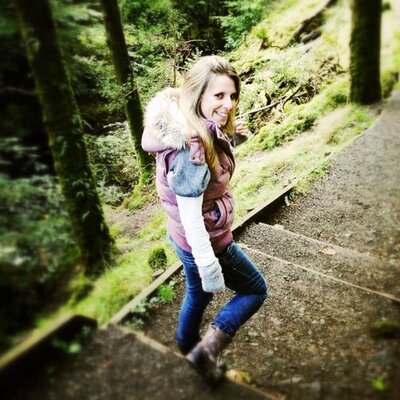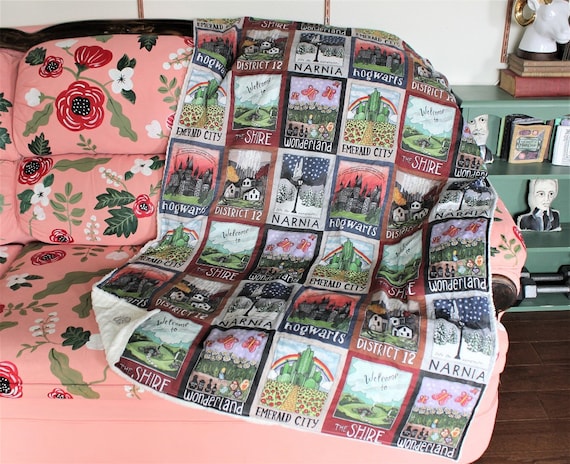How is it Thursday again already? It's also super cold in this part of the world, it took for actual ever to get to work this morning in what can only be described as a blizzard and I am currently rocking a hoodie at my desk because COLD. Anyway. It is Thursday, because time does keep doing the passing, so let’s talk about Karen Walker’s The Age of
Miracles which I read in 2012.
Everybody knows I love me good dystopia. Seriously,
give me all the post-apocalyptic stories and give them to me now, and I guess
that if you had to put TAoM into a box
then the dystopia box is the one you’d probably choose. The book is about, in a
nutshell, the slowing of the earth’s rotation and the repercussions of that.
It’s not an action packed story though, in fact there’s very little action at
all. The whole book is sort of eerily calm. & you know what, I liked that. I mean don’t get me wrong: I totally love a fast
paced dramatic story but it kind of makes sense, that when this is a thing
that’s happening to you, when ‘the slowing’ is your life, the initial chaos
eventually slows down, like the world itself, and all you can do really is keep
on keeping on.
Life, such as it is, goes on.
Etcetera.
It all means, rather wonderfully, that in the midst of the
end of the world, other stories are allowed to be told. Everything changes, everything, but still, so much remains the same: we get to
see Julia, who’s 11 when the book starts, grow up a little and mature and
change and we get to see her over-protective Mother and her never there Father;
we meet her new friends and her lost friends; we deal with friendship and
bullying and the heart-clenching sweetness of first love; we watch her
Grandfather prepare for what we all know is to come, and we get all of this, a
story of honest to goodness human relationships told against the backdrop of a
world that’s quite literally falling apart. A coming of age story set during
the end of the end of the world and it all just sort of happens; the days get
longer and the earth is slowing and Julia just keeps growing up.
It’s a lovely book really, the writing is lovely and sharp
and emotive and every single page is almost painfully poignant. It’s a book
that makes you feel.
Sometimes the saddest stories take the fewest words.
My pal Helen was left feeling hopeless after reading this
book which I get because you know that no matter how poetic the writing is,
that things are only going to get worse – hardly your ‘feel good’ story then,
it makes your heart twist and God knows that’s not always the nicest of
feelings. I get it, that feeling of hopelessness but despite that (or maybe
even because of it) this is entirely my kind of book, not just because of the
whole dystopia thing it has going on, but because it made me think (which I
love) and it made me feel (which I also love) and because it stayed with me, it
made me think and question and reassess.
Melancholy, that’s the word. This is a
melancholy sort of a tale and I really really loved it.






